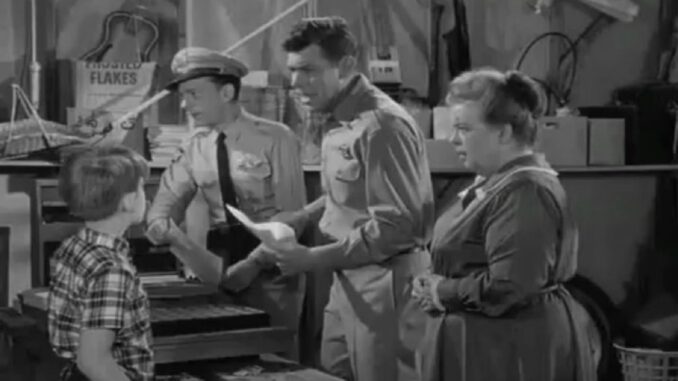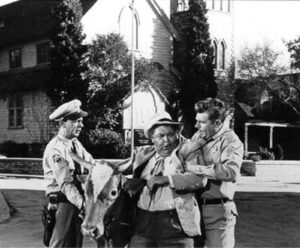
The Andy Griffith Show occupies a unique place in television history. It’s beloved for its wholesome humor, memorable characters, and timeless lessons. Yet, for many modern viewers, including myself, its enduring appeal is tempered by the cultural blind spots that become increasingly apparent with time.
One of the show’s greatest strengths is its focus on community and relationships. Andy Taylor’s interactions with his son Opie, his aunt Bee, and his deputy Barney Fife are filled with warmth and authenticity. These dynamics resonate because they reflect universal truths about love, responsibility, and human connection. The humor, often stemming from Barney’s well-meaning incompetence or the townsfolk’s quirks, remains genuinely funny decades later.
However, the lack of representation and engagement with broader societal issues limits its relevance. Watching the show today, it’s hard not to notice the absence of diversity in Mayberry. This oversight feels especially significant given the show’s setting during the 1960s, a pivotal decade for civil rights in America.

Additionally, the show’s depiction of gender roles reflects the era’s conservative values. Women in Mayberry are largely confined to traditional roles, with little opportunity to challenge or expand beyond them. While characters like Aunt Bee bring depth and warmth, they often serve as support rather than driving forces in the narrative.
Despite these challenges, The Andy Griffith Show endures because of its sincerity and humor. It invites viewers into a world where kindness and community matter, offering a respite from modern complexities. By engaging with its limitations, we can appreciate its strengths while acknowledging the progress that remains necessary.
